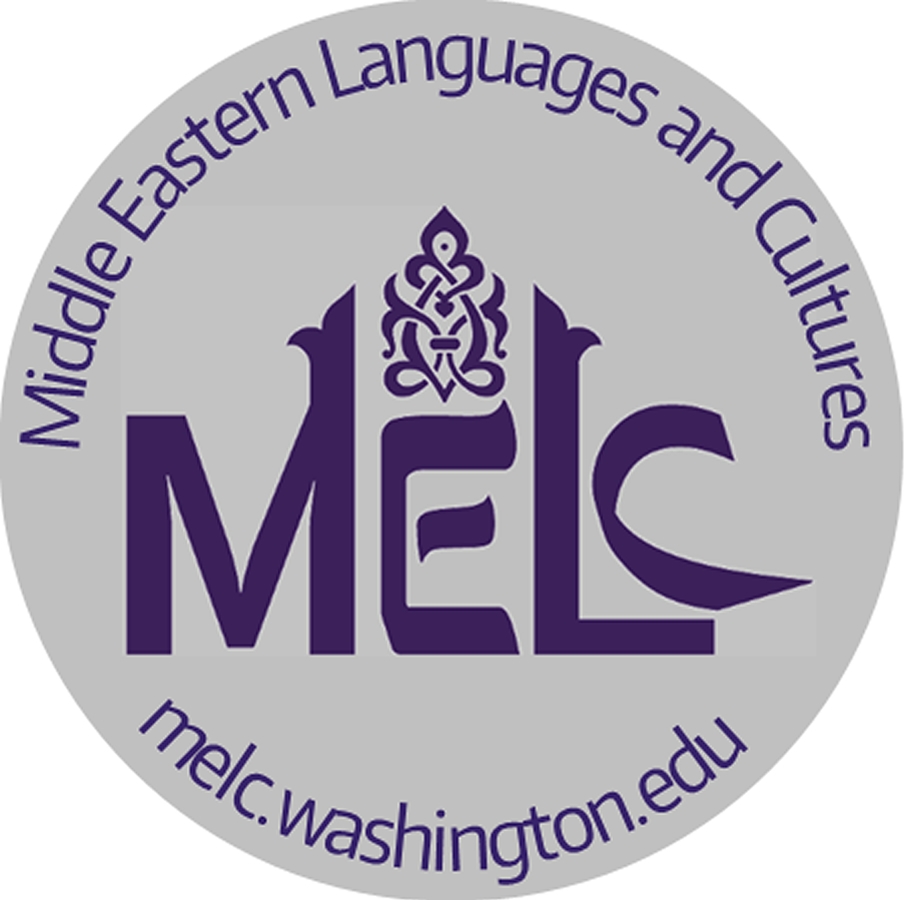The deadline is approaching for the inaugural Mo Habib Translation Prize in Persian Literature, collaboratively established by the Department of Middle Eastern Languages and Cultures at University of Washington, the Mo Habib Memorial Foundation, and Deep Vellum Publishing. A $10,000 prize and publication by Deep Vellum will be awarded for a Persian novel or short story collection translated into English. Submissions of modern works of fiction from Afghanistan, Tajikistan, Iran, and their diaspora are eligible. $2,000 will be given when the winner is announced in July, and the remaining $8,000 will be given once the winning translation is submitted in full by May 2024.
Using only the online submission system, submit a sample of no more than 20 pages of the proposed translation, in both the original language and in English, as well as a curriculum vitae of up to three pages, a cover letter, and proof of copyrights (if applicable) by March 1. There is no entry fee. Anna Learn, Shelley Fairweather-Vega, and Siamak Vossoughi will judge. Visit the website for complete guidelines.
Named after Mohammad Habib, a structural engineer and project manager originally from Tehran who attended the University of Washington, the prize “seeks to expand the readership of Persian literature in English, beyond academic audiences.” Prize partner Deep Vellum is a literary nonprofit in Dallas that aims to publish literature that “fosters cross-cultural dialogue, breaks down barriers between communities, and promotes empathy.” As of 2020, approximately half of their titles were international works. Named after Mohammad Habib, a structural engineer and project manager originally from Tehran who attended the University of Washington, the prize “seeks to expand the readership of Persian literature in English, beyond academic audiences.” Prize partner Deep Vellum is a literary nonprofit in Dallas that aims to publish literature that “fosters cross-cultural dialogue, breaks down barriers between communities, and promotes empathy.” As of 2020, approximately half of their titles were international works.








